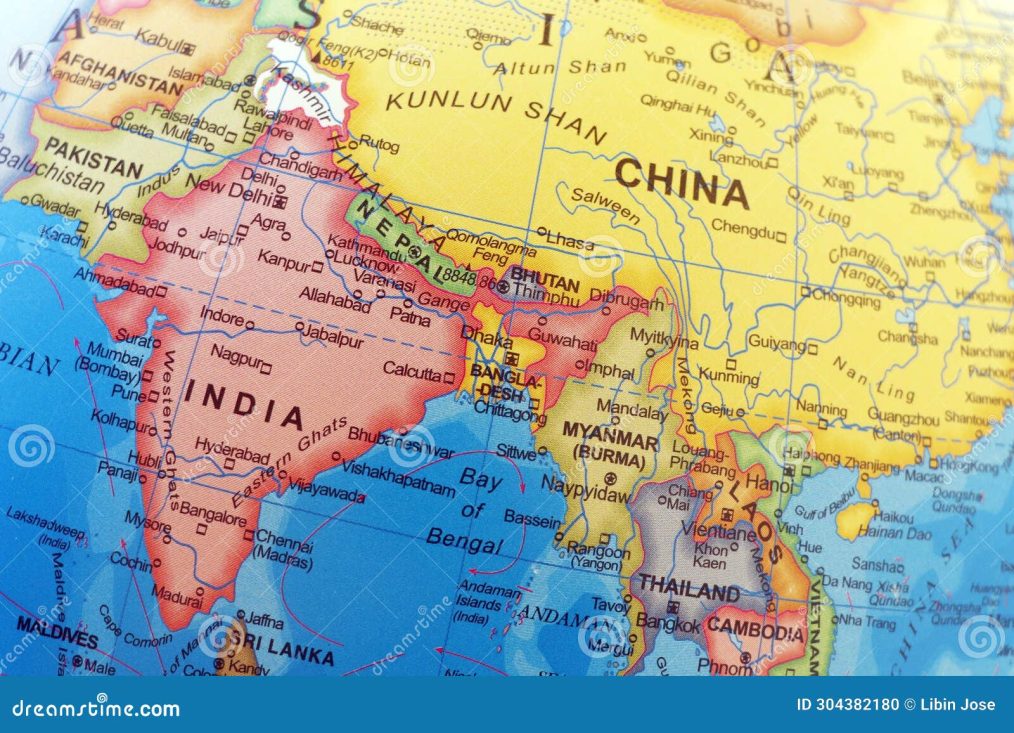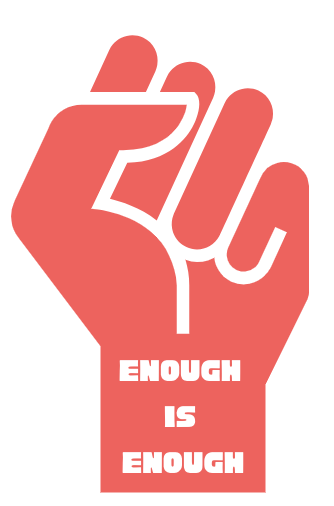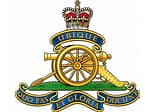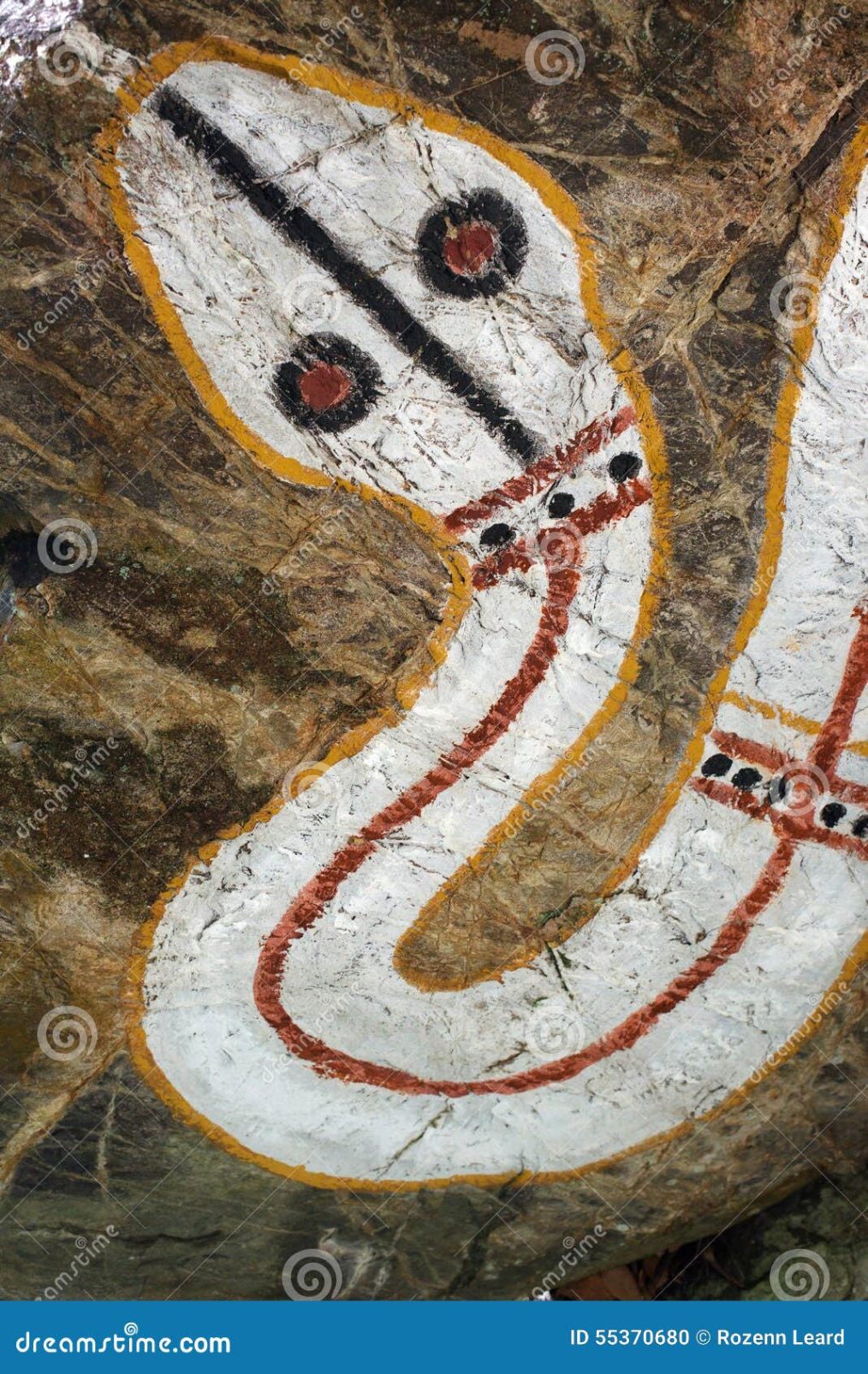Photo: Provided by Hanwha Defence Australia
Hanwha Defence Australia’s training team recently conducted Redback IFV driver training in South Korea, marking a significant step in skill development and knowledge transfer. This initiative took place at Hanwha Aerospace Land Systems Business Group’s training area, showcasing ongoing collaboration between the two countries.
During the training, instructors received comprehensive education covering basic operator and maintenance tasks for the Redback IFV. Practical driver training sessions were held on HAS’ Driver Circuit, emphasizing the mastery of vehicle control, maintenance, and performance understanding in combat scenarios.
Phil Whitehead, the training manager at HDA, expressed satisfaction with the outcomes, noting, “We successfully met all objectives outlined during the training, thanks to the invaluable support from our counterparts at HAS.” He emphasized that this activity laid a strong foundation of platform knowledge for the team, facilitating future instructor development endeavours.
The Redback IFV program is set to produce 129 vehicles in Australia, with deliveries scheduled to commence in 2027 and conclude by 2028. Additionally, eight prototype vehicles will be manufactured in both South Korea and Australia as the program progresses. The contract encompasses the development and delivery of training and support system components, extending until final acceptance in 2029, with initial support provisions for the first five years post-delivery.
Jae-il Son, president and CEO of Hanwha Aerospace, highlighted the significance of this contract, stating, “The Redback IFV contract underscores our commitment to delivering cutting-edge capabilities. It further solidifies Hanwha’s presence in Australia alongside other defence projects like the AS9 and AS10 Huntsman vehicles.”
The collaboration between Australia and South Korea continues to strengthen, with opportunities for further growth on the horizon. Manufacturing all 129 vehicles at the Hanwha Armoured Vehicle Centre of Excellence (H-ACE) facility in Geelong is expected to bolster high-tech vehicle manufacturing in the region and provide a potential export platform for Australian firms.









